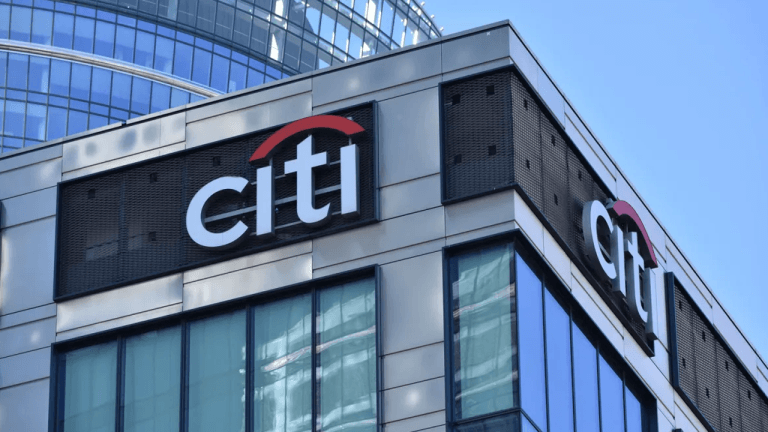Audit firm Mazars to verify KuCoin’s proof of reserves
2 min read
Crypto exchange KuCoin hired the international accounting firm Mazars for a third-party audit of its proof of reserves (PoR).
According to an announcement on Dec. 5, the verification will provide the exchange customers additional transparency and reporting on whether their in-scope assets are collateralized, along with details on main, trade, margin, robot and contract accounts for Bitcoin (BTC) and Ether (ETH), as well as for the stablecoins Tether (USDT) and USD Coin (USDC).
The report should be available on KuCoin’s official website within a few weeks. CEO of KuCoin Johnny Lyu said the move is the next step in the exchange efforts to provide transparency on users’ funds. Wiehann Olivier, partner at Kucoin, also noted:
“After recent events, there is a dire need in the industry for additional transparency, and we are confident that Mazars’ PoR service offering to KuCoin and other international cryptocurrency exchanges will aid in building trust through transparency.”
As reported by Cointelegraph, Mazars was also appointed as an official auditor to conduct “third party financial verification” in Binance’s PoR on Nov. 30. Binance’s publicly shared Bitcoin information is already being reviewed.
Related: Will Grayscale be the next FTX?
Headquartered in Paris, the international accounting firm previously worked for former United States President Donald Trump’s company. According to reports, the firm cut ties with Trump and his family in 2022.
KuCoin and Binance are among the six crypto firms requested to provide information on consumer protection by the United States Senator Ron Wyden by Dec. 12.
Wyden requested Binance, Coinbase, Bitfinex, Gemini, Kraken and KuCoin information on subsidiary companies, safeguards of consumer assets, use of customer data, and guards against market manipulation. The senator argued that crypto users with funds in FTX had “no such protections” as those offered by banks or registered brokers under the Federal Deposit Insurance Corporation or Securities Investor Protection Corporation.





